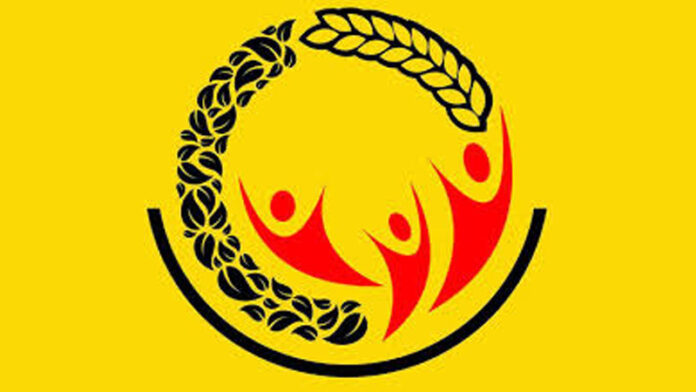By: Staff Writer
May 21, Colombo (LNW): Sri Lanka’s Samurdhi community-based banks and rural banking societies are set to be brought under formal government oversight, according to the Ministry of Finance.
The move aims to regulate the Samurdhi banking system by placing it under the scrutiny of government audit processes.
On Wednesday, May 7, the Cabinet of Ministers approved the publication of a draft bill in the Government Gazette to amend the Samurdhi Act No. 1 of 2013, as previously updated by the Divinaguma (Amendment) Act No. 2 of 2017. The bill will later be presented to Parliament for final approval.
Cabinet Spokesman and Minister Dr. Nalinda Jayatissa stated at the weekly post-Cabinet press briefing that the proposed amendments will bring all Samurdhi community banks and rural banking societies under government audit.
This is expected to enhance financial supervision, ensure transparency, and improve accountability in the handling of public funds allocated under the Samurdhi welfare programme.
Initially approved by the Cabinet in December 2024, the draft legislation has since been cleared by the Attorney General and was prepared by the Legal Draftsman’s Department.
This development, first reported by Sunday Times Business on April 28, 2024, aims to curtail misuse of Samurdhi funds by corrupt officials or politicians.
The regulation will ensure better transparency and independence, with plans to eventually place Samurdhi banking activities under the Central Bank’s oversight.
Currently, the Samurdhi banking system holds assets amounting to Rs. 400 billion, which includes compulsory savings of Samurdhi beneficiaries. These funds have been invested in various banks and government securities.
Despite operating like banks, the 1,092 Samurdhi “branches” across the country are not legally classified as banks, as they fall outside the Central Bank’s regulatory framework. Instead, they have mainly served as distribution centers for monthly welfare payments.
However, numerous reports have emerged of funds being siphoned from these institutions, sometimes in collusion with branch managers and Samurdhi development officers. These abuses were often masked as welfare-related transactions.
Additionally, during the COVID-19 pandemic in 2020, the government drew heavily from Samurdhi banks and beneficiary savings to provide emergency cash relief.
Over Rs. 50 billion was disbursed—including Rs. 5,000 to more than five million individuals and Rs. 10,000 to two million households—to support vulnerable groups such as the elderly, disabled, and low-income families.
While this provided critical aid, it also created significant liquidity and capital challenges for the Samurdhi banking system.
The proposed amendments are part of a broader initiative to restore credibility and integrity to the Samurdhi financial framework while ensuring protection for beneficiaries’ savings.

